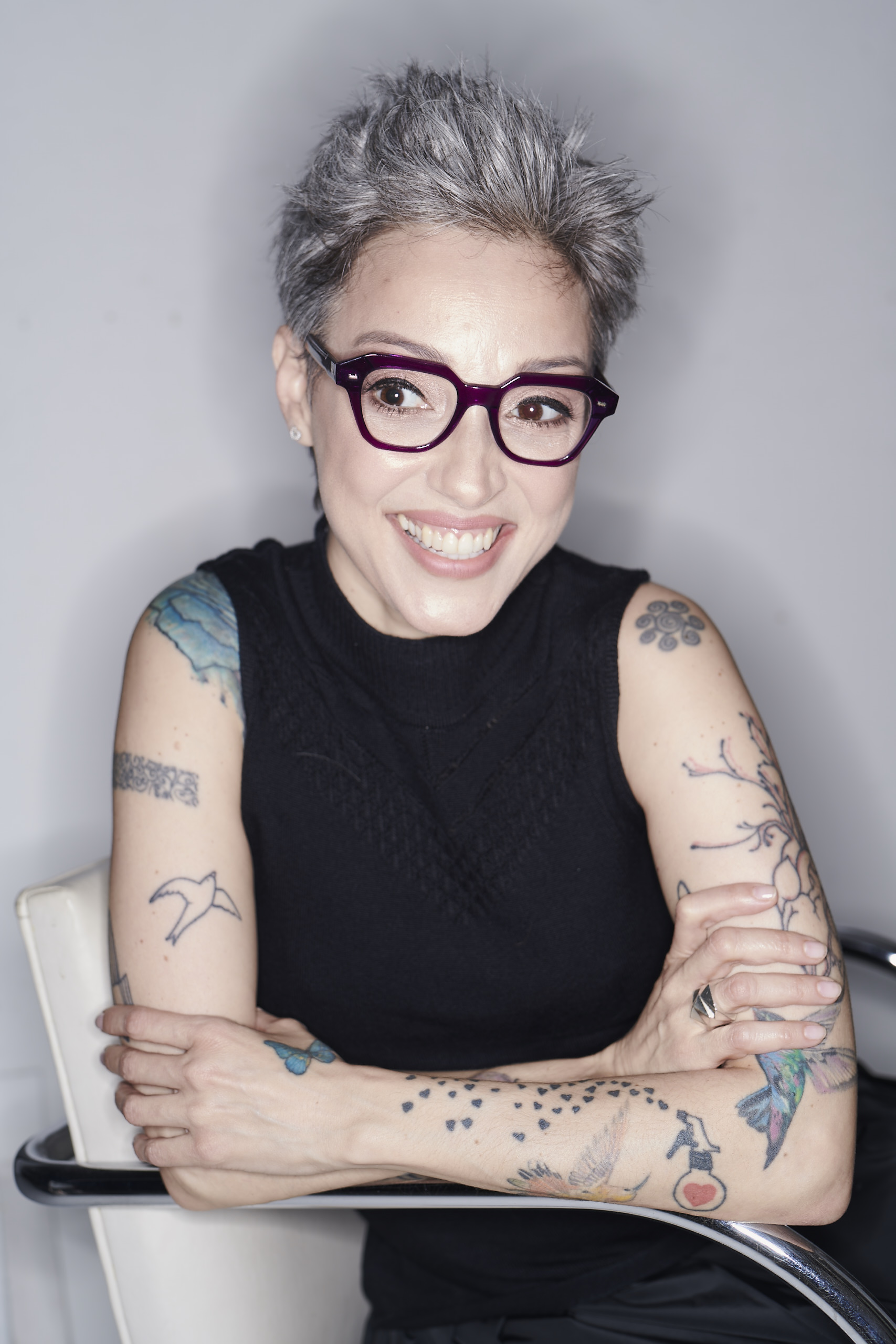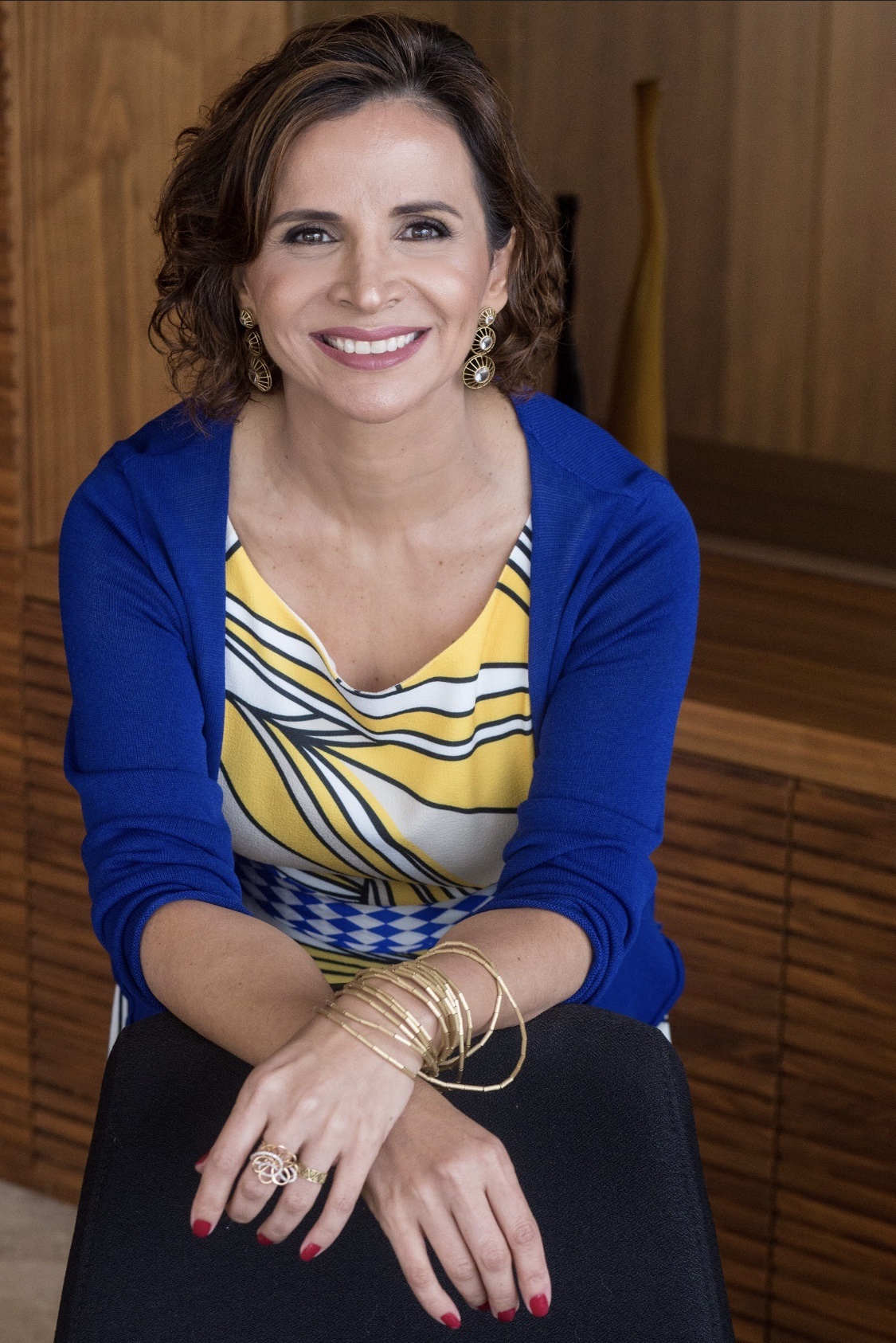Too old to learn a new activity and find the spotlight in the job market. Too old to go to certain places, to practice physical activities, to dress differently, even get a new haircut. If you are over forty or fifty years old you have certainly thought or heard one of these phrases. While humanity reaches after an unattainable model of youth, concepts like these are gaining more and more traction and promoting a new type of prejudice in society – ageism, as it is called, which consists of all forms of stereotyping, intolerance, and discrimination against older people.
The term, until recently unknown to many, has attracted a lot of attention and entered the main debates after the comedy team Porta dos Fundos last January launched a sketch called “Responsible”, in which a 57-year-old mother is ridiculed in relation to her children and technology. Since then, the channel has been the target of harsh criticism and been accused of having practiced age prejudice.
One of the personalities to engage in the cause was the lecturer and digital-content producer, Cris Guerra, who, like other fifty-year-olds, felt uncomfortable with the episode. In response to the video starring the actor Fábio Porchat, Cris posted on her Instagram a statement: “Porchat, growing old is not for the weak, even more so in a country where the word sounds like a crime. A person has a birthday and is already trying to arrange a false identity. We cannot keep encouraging this prejudice. Longevity, by the way, is a very recent fact of human life, people are living longer and longer, and old age is here to stay.” The lecturer’s words went viral on the internet and have brought together a crowd against ageism.

Cris Guerra is a lecturer and digital content producer.
For Cris Guerra, the deconstruction of all and any prejudice is an urgent priority. Any cause that involves diversity is important, not only for those who are included. After all, everyone wins with a more diverse and representative environment of life as it is lived. “Fighting against ageism, for example, may be advocating on one’s own behalf. Because today’s ageism is waiting for us further down the road. Necessarily, it is a form of discrimination from which we will not escape if our life goes on. Unless we change it. It is difficult, it will not happen overnight. Like all the reforms we have been working so hard to accomplish. Which in truth are the real constructions of a world that has been asking to exist for a long time. It’s a matter of intelligence, simple as that,” she underlines.
In the last four years, having gone through an intense experience with her elderly father (now deceased), another who has dedicated herself to the topic is the journalist, content producer and longevity activist, Natália Dornellas. She fronts the Instagram profile @conversadevo_, which recounts stories from the universe of long-lived people from eighty to a hundred years old, and is part of the podcast “The Perennials”, which gives voice to women over forty, who are going through the pains and delights of this phase of life.
Although it is a long road, Dornellas is optimistic about the dismantling of age prejudice. “In my work, I can already see that people are valuing their elders more. I am getting a number of approaches from grandchildren who want to tell the life stories of their grandparents. Unfortunately, ageism is ingrained in our culture, so our role is to educate and to learn. At various times, we prejudice against ourselves. I have caught myself saying several times that I would not learn a certain activity because I am old, and this is because I am at the apex of my forty-four years. We need to police ourselves, change our behavior, attitude and even vocabulary.”
Longevity is here to stay
Data from the Brazilian Institute of Geography and Statistics (IBGE) reveal that, in 2030, the number of elderly people in the country are on track to surpass the number of children. Currently, this figure represents 14.03% of the population, equivalent to 29.3 million people. The Brazilian age-pyramid has been going through changes over the years; we are already witnessing its inversion and the change in the demographic profile. Estimates from the World Health Organization (WHO) also show that, while the number of elderly people will double internationally by the year 2050, in Brazil it will almost triple, and is set to become the sixth most elderly population on the planet.
Amândio Fernandes is a physician and founder of Orizonti, Oncomed Institute for Health and Longevity.
The founder of Orizonti, Oncomed Institute for Health and Longevity, physician Amândio Soares Fernandes Júnior, says that life expectancy has increased and, along with it, the autonomy and independence of those who are part of the cohort of people over sixty. Therefore, it is necessary to understand that not every elderly person is feeling physically or mentally fragile – especially not those who have cultivated healthy habits over the years.
If population ageing is an inevitable fact, the question remains: how to combat ageism in society and in the labor market?
In Cris Guerra’s point of view, the first thing is to talk about the subject, as it is being done at the moment; to read about it from a scientific, social, demographic, and geographic point of view; to understand that doing this is to offer care to a friendlier future for us all, the elderly of today and those who will soon be older
In the job market, she points out that it is worth showing how maturity can be beneficial and conduce to peak moments in professional life. “Companies have prejudices against their older employees for a simple lack of information. There are things that only time and experience bring. Age is not a determinant of a set of attitudes. Investing in multigenerational teams can be a fun, rich, colorful experience that generates enthusiasm and joy. But there will be a need to work on minds with ingrained prejudices and – it has to be admitted – the longer you live cultivating a prejudice, the more difficult it is to take it apart,” adds the digital-content producer.
Guerra also sees how prejudice towards younger people can reveal a prior ignorance that is unfair. “To judge a younger person as less capable is ageism just the same. Each person is unique and their age does not determine who they are,” she points out.
In the opinion of physician Amândio Soares, in order to welcome the long-lived population, whether in society or in the job market, it is essential to create public policies aimed at this group: listening so as to understand their needs and adapting to welcome them. “The discussion about longevity needs to be, first of all, a discussion about prevention. Brazil is not yet a nation that understands preventative healthcare, and creating a culture of prevention as soon as possible is fundamental. Thinking about the country’s economy, it is worth pointing out that prevention is much cheaper than treatment (medications, procedures, surgeries, hospitalizations).”

Natália Dornellas is journalist, content producer and longevity activist.
Respect to diversity
In the course of almost three decades of providing services in the Executive Search arena, Dasein has always encouraged its clients to be interested in people with the capacity to contribute, regardless of whether or not they fit low relevance criteria such as age, gender, and race. An example of this, as CEO Adriana Prates tells us, was the hiring of a director who is now 75 years old. “This was the oldest professional we presented to the market, at the time 67 years old. A marathon runner, highly spirited, and with great leadership skills, he has been part of the organization that hired him since 2013. I believe that a professional can work in the market until the moment he is able to contribute. This is the most relevant criterion,” she stresses.
As good models should and deserve to be shared, Adriana reports that Dasein is currently serving a large global company that decided to abandon the age filter. “They realized that it was necessary to change behaviour, and this beautiful movement has happened with the hiring of professionals over sixty. The placement is not because they are older, but because they will come in to add something, mentor the younger ones, and transfer years of acquired expertise. The advantages of having older professionals in the companies are manifold, such as: life-experience, experience of work, maturity, emotional balance, resilience for coping under pressure, and a lower level of ambition in relation to top positions. They are people who seek to contribute so that the company can have a more pleasant climate at work.”
Betting on diversity, Dasein’s own team is made up today by professionals in their twenties and thirties and, for the most part, over fifty years old. There are two senior consultants over sixty-five, one of whom earned a doctorate at sixty and is at the peak of his career as a coach and mentor. “We are very open to extending ourselves with the sort of interventions that younger people make and we benefit from the wisdom of those in the older age cohort. I myself was very young when I founded the company, and if we continue to progress it is because, from the beginning, I teamed up with more mature people who knew how to advise and support me. This realization was fundamental to our plurality since our foundation. Coexistence among the generations is always very healthy for everyone involved,” explains the CEO.

Adriana Prates is CEO of Dasein and AESC Advisor for the Americas.
According to Adriana Prates, organizations need to wake up to transform the challenge of longevity and age diversity into an opportunity. The first step is to break down the barrier of compulsory retirement, whether at 55, 60 or 65. Once this norm ceases to exist, it is necessary to create adequate and specific criteria to measure the performance of age groups. After all, you cannot evaluate the performance of all people from the same perspective. “Each group has distinct competencies that are worthy of detailed attention. Why not create, for example, a recruitment department to attract professionals above the age of fifty? Companies concerned with the impact of their actions on society have a much higher level of acceptance and, consequently, see a strengthening of their brand,” she reflects.
Ageing as an opportunity
You are part of the older age cohort and want to reach a position in the job market, or you are already there but need to stay productive and competitive. Stay tuned for the tips of Dasein’s CEO, Adriana Prates:
1- Pay attention to your physical and mental health;
2- Master the platforms of virtual meetings, work around agile methods and feel like you are constantly evolving;
3- Show that you are up to date in topics of your area of interest and in the social media directed at the job market;
4- Have a brief resume, but make it clear where the sum value of your contribution lies;
5- After the age of sixty, as well as at other ages, leadership positions become fewer in a company. However, you can act in other positions, either as an assistant, analyst, specialist, among other things. There are also more specific opportunities as counselor, mentor, tutor, and interim manager. The field of operations expands, since with all your experience you will have the capacity to contribute and make the company’s decision-making process more consistent;
6- Focus on not becoming a person resistant to change. The rule of the game is to abandon failed management models and be in constant transformation;
7- Understand that knowledge nowadays ages very fast. Therefore, bring in straight away the concept of lifelong learning. Continuous learning is a source of renewal, growth and overcoming.




